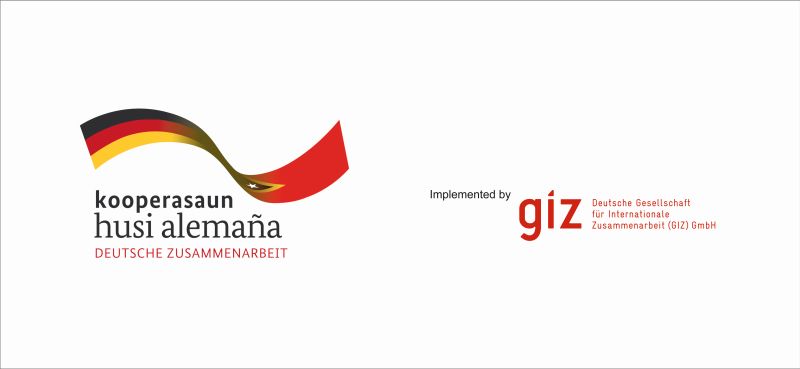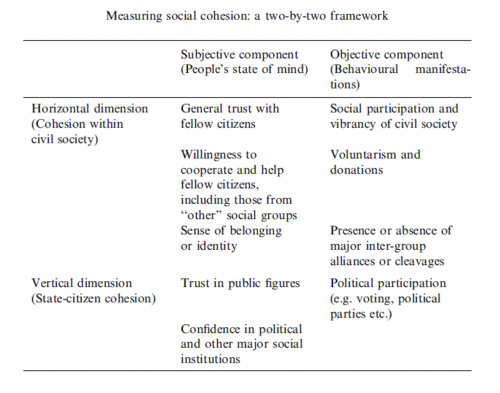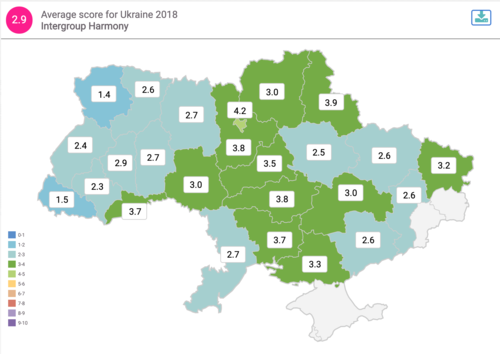Youth Promotion for Social Cohesion
Key facts
Governance and civil society
Youth

Overview
Timor-Leste has one of the youngest populations in the world. High levels of youth unemployment, the lack of job opportunities, and insufficient education and political engagement options in both the formal and informal sectors leave young people with little prospect of social advancement. The institutional structures for youth work, especially in the project area, are neither well established nor connected. Violence, especially against women and girls is widespread. Youth-sector actors lack know-how on the efficient implementation of measures to prevent violence, promote the civic engagement of young people and to empower them to take part in political decision-making processes.
Objective
Young women and men increasingly participate in shaping their communities and take active measures to prevent violence, especially against women and girls.
Approach
The project Youth Promotion for Social Cohesion works with the State Secretariat for Youth and Sports, the State Secretariat for Equality and Inclusion, Youth Centres, civil society players and organisations primarily in the eastern region of Timor-Leste. It targets Baucau, Lautem, Viqueque as well as in the capital of Dili.
Training, mentoring and exchange will enable young people to become motors of change to build inclusive communities free of violence. In 20 sucos (villages) of the four selected municipalities they will be enabled to make their voices heard in the suco councils and bring in initiatives twice a year based on their communities’ needs as a firm component of services for youth in formal or non-formal educational institutions.
Awareness raising initiatives will be supported to improve technical and methodological knowledge of actors in the youth sector on the causes, effects and ways to prevent violence against women and girls.
To strengthen the network in the youth sector at regional and national level as well as their professionality the work will be accompanied by supervision, technical working groups and peer learning formats, as well as through regular exchange forums for the relevant actors.
With this strategy, the project supports the implementation of the national youth strategy as well as the National Action Plan on Gender-Based Violence, promotes professionalisation and structural development in the youth sector, while contributing to the social inclusion of young people.




